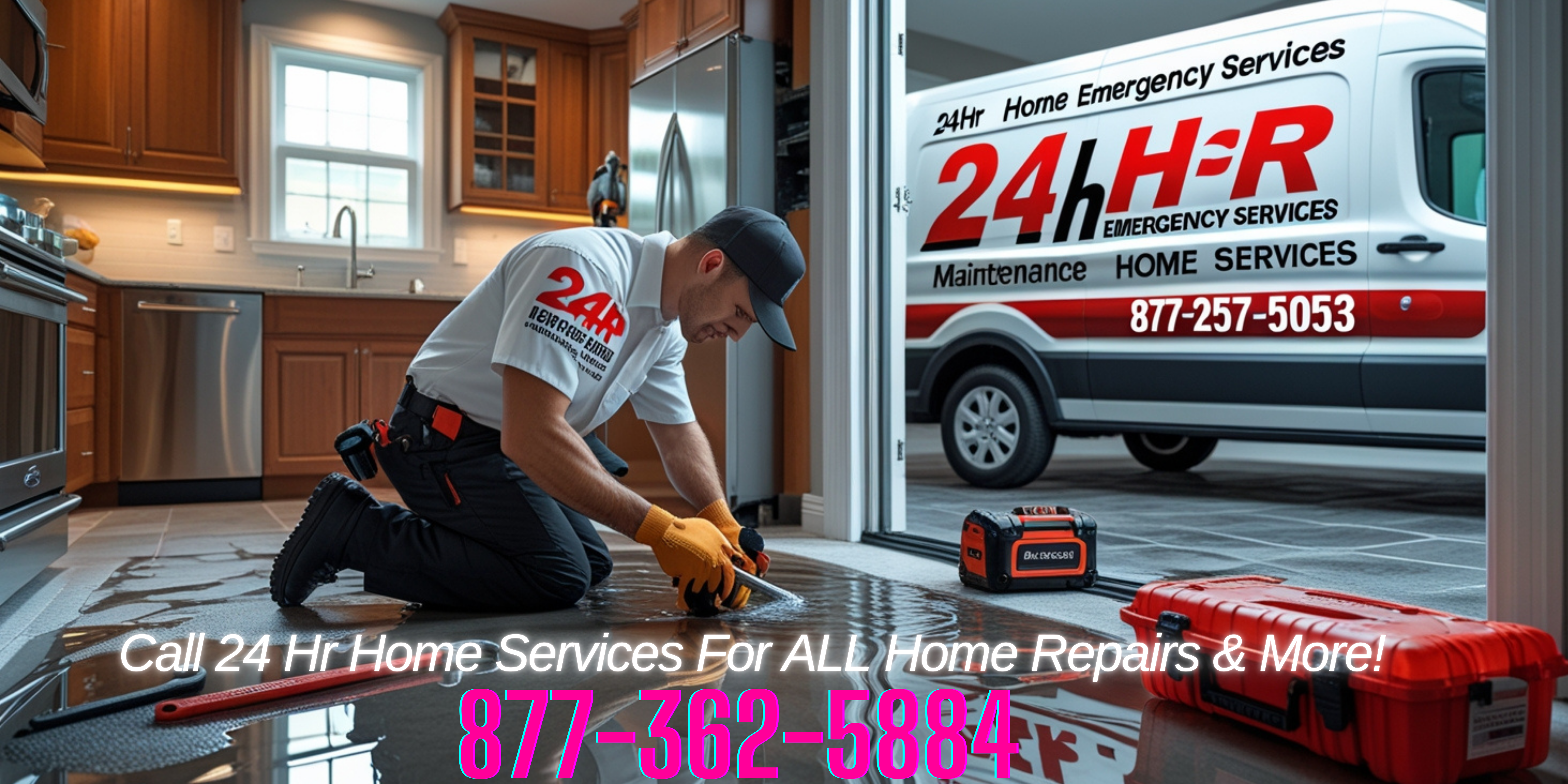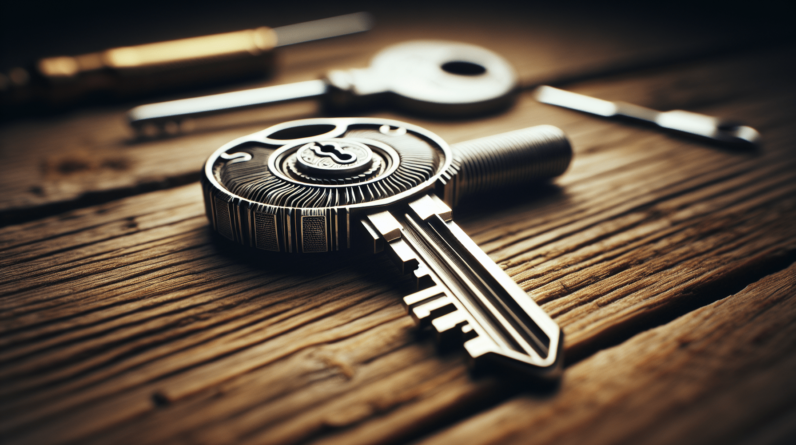
Have you ever experienced a plumbing emergency? The feeling of panic that sets in can be overwhelming. Knowing how to tackle these situations can make all the difference.

Understanding Emergency Plumbing
Plumbing emergencies can occur at any time, often when you least expect them. They range from minor leaks to significant pipe bursts. Understanding what constitutes an emergency can help you act swiftly and correctly.
What is Considered a Plumbing Emergency?
Generally, you should consider a plumbing issue an emergency if it poses a risk to your property or health. Here are some situations to keep in mind:
-
Burst Pipes: A broken pipe can quickly lead to extensive water damage. If you notice water gushing, it’s best to shut off the water supply and seek help immediately.
-
Overflowing Toilets: A toilet that won’t stop flushing or overflows can cause not only water damage but also hygiene issues.
-
Sewer Backups: If water backs up in your home and you notice a foul smell, this is a serious health hazard that requires immediate attention.
-
Major Leaks: If you see water pooling under your sink or around your appliances, even if the leak seems minor, acting fast can prevent further damage.
-
No Water Supply: If your home suddenly has no water, it may indicate a serious plumbing problem that needs urgent attention.
Signs You Need Emergency Plumbing Services
Recognizing the signs of a plumbing emergency early on can make all the difference. Here are some key indicators:
-
Unusual Noises: If you hear banging or gurgling sounds from your pipes, it may signal a serious problem.
-
Damp Walls or Ceilings: If you spot wet patches on your walls or ceilings, it could indicate a leak.
-
Low Water Pressure: Noticeably low water pressure can be a sign of a leak somewhere in your piping system.
-
Water Stains: Discoloration on walls, ceilings, or floors often points to water damage and potential leaks.
-
Slow Drains: Frequently clogged drains may indicate deeper plumbing issues that require immediate evaluation.
Common Emergency Plumbing Situations in Philadelphia
In Philadelphia, certain plumbing emergencies are more common due to the city’s unique climate and plumbing infrastructure. Understanding these can help you prepare better.
Severe Weather Impacts
Heavy rainfall and snow can lead to flooding, which often causes plumbing emergencies. Make sure you know how to respond when such weather strikes.
- Flooded Basements: If your basement floods during heavy rain, it can lead to significant and costly damage.
- Frozen Pipes: Extremely cold weather can cause pipes to freeze and burst. Keep this in mind and take preventative measures.
Aging Infrastructure
Philadelphia has neighborhoods with older plumbing systems, which can be more prone to failures. Your address may be a telling sign of potential issues.
-
Lead Pipes: Some homes still contain lead pipes. These can corrode and cause serious health hazards over time.
-
Corrosion: Older pipes may be more prone to rust and corrosion, leading to leaks and water quality issues.
Seasonal Plumbing Issues
Changing seasons can bring unique plumbing challenges. Here’s how to stay ahead:
Winter Concerns
During winter, be vigilant about:
- Insulating Pipes: This helps prevent freezing and bursting.
- Inspecting for Heat Loss: If your home feels colder in certain areas, check for leaks.
Summer Concerns
Summer can turn up the heat on plumbing systems, leading to potential emergencies.
- Increased Water Usage: Many homeowners see a spike in water usage during summer, leading to overworked plumbing.
Preparing for an Emergency
Being prepared for a plumbing emergency can save you time, money, and stress. Here are some steps you can take:
Keep Important Numbers Handy
Have the contact information for local emergency plumbing services readily available. This includes their address, phone number, and hours of operation.
| Service Name | Phone Number | Availability |
|---|---|---|
| Local Plumber 1 | (123) 456-7890 | 24/7 |
| Local Plumber 2 | (987) 654-3210 | 24/7 |
| Local Plumber 3 | (555) 123-4567 | 24/7 |
Know Your Main Water Shut-Off Valve
Familiarize yourself with the location of your main water shut-off valve. In emergencies, knowing where it is can help you stop water flow quickly.
Develop an Emergency Plan
Create an emergency response plan and share it with your household members. Make sure you regularly review and update it as needed.
What to Do During a Plumbing Emergency
When faced with a plumbing emergency, keeping a cool head is vital. Here’s what you should do:
Step 1: Shut Off the Water
As soon as you identify a plumbing problem, locate your main water shut-off valve and turn it off. This can prevent further damage to your home.
Step 2: Assess the Situation
Take a moment to evaluate the problem. Is it something you can manage, or do you need professional help? Knowing this can guide your next steps.
Step 3: Call for Help
If needed, reach out to an emergency plumbing service. Provide them with detailed information about what’s happening. The more they know, the better they can assist you.
Step 4: Clean Up
Once help is on the way, start cleaning up any water to prevent damage. Use towels, mops, or buckets to soak up water and move items away from the affected area.

How to Choose a Reliable Emergency Plumbing Service in Philadelphia
When searching for a plumbing service, it’s essential to find one you trust. Here are some tips to help you make the right choice:
Research Local Options
Look for plumbing services in your area that provide emergency responses. Reading customer reviews online can provide insights into their reliability.
Ask About Credentials
Confirm that the plumbing service you choose is licensed and insured. This protects you in case of any accidental damage during repairs.
Evaluate Experience
Choose a service that has experience handling a range of plumbing emergencies. An experienced plumber will have the skills to assess the problem accurately.
Review Pricing Structure
Discuss pricing upfront, especially for emergency services. Understanding the cost structure can prevent surprises when it comes time to pay for repairs.
Cost of Emergency Plumbing Services in Philadelphia
Emergency plumbing can be expensive, but understanding the costs involved can help you prepare. Here’s a breakdown of typical expenses:
Average Hourly Rates
Hourly rates for emergency plumbers in Philadelphia vary widely based on location, experience, and time of day. Here are some general figures:
| Service | Average Hourly Rate |
|---|---|
| Standard Plumbing | $100 – $150 |
| Emergency Services | $150 – $300 |
Additional Fees
Be aware that some service providers may charge additional fees, such as:
- Travel Fees: May apply if your home is located far from the service provider’s base.
- After-Hours Fees: You should clarify if they have different rates for services performed during evenings, weekends, or holidays.
Cost-Saving Tips
Though emergencies can be costly, consider these tips to save:
- Regular Maintenance: Conducting regular inspections can catch small issues before they escalate.
- DIY Repairs: If you’re handy, consider basic repairs yourself to cut costs. Just know your limits and hire professionals when necessary.
Preventative Measures to Avoid Plumbing Emergencies
Taking steps to prevent plumbing emergencies is the best way to save time and money. Here are some preventative measures you can adopt:
Regular Maintenance
Schedule annual plumbing inspections to ensure everything is in good working order. This can help you catch small leaks or corrosion early on.
Knowledge of Your System
Become familiar with your plumbing system, including the age of pipes and appliances. Understanding your system will help you recognize potential problems.
Seasonal Preparations
Prepare your plumbing for each season. For example, ensure your pipes are insulated during winter and check for excessive water use during summer.
Common DIY Solutions for Minor Plumbing Issues
You can often tackle minor plumbing issues without calling in a plumber. Here are some common DIY fixes:
Fixing Minor Leaks
For small leaks, consider using:
- Plumber’s Tape: Wrapping this around the leaky joint can slow down the leak until professional help arrives.
- Pipe Sealant: This can help temporarily seal small leaks in visible pipes.
Unclogging Drains
Clogs can often be cleared with a few simple tools:
- Plunger: A plunger can create the necessary force to clear minor clogs.
- Drain Snake: This tool can help reach deeper clogs in your plumbing.
Managing Overflowing Toilets
If your toilet starts to overflow, you can take immediate action:
- Turn Off the Water Supply: Locate the shut-off valve behind or below the toilet.
- Remove Excess Water: Use towels or a mop to remove standing water.
When to Call a Professional
While minor issues may be manageable, certain situations demand professional intervention. Call a plumber if you experience any of the following:
- Persistent Clogs: If over-the-counter solutions fail, a plumber can inspect for deeper issues.
- Constant Leaks: A continual leak often points to a significant problem requiring professional tools and expertise.
Conclusion
You never know when a plumbing emergency will strike, but being prepared can help ease the stress of the situation. By understanding common emergencies, knowing what steps to take, and having a reliable plumber’s contact information handy, you can navigate potential disasters with confidence. Regular maintenance and prompt action can help protect your home, ensuring that your plumbing system runs smoothly for years to come. Remember that planning and preparation are key to avoiding those late-night panic calls to the plumber.











